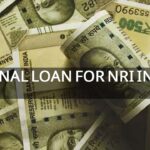SGDLoan.com – Managing debt in Singapore can feel like juggling flaming pins—unpredictable and dangerous if mishandled. From revolving credit card balances to short-term renovation loans, the burden of managing multiple repayments each month can cause both financial strain and emotional stress.
One increasingly popular solution among Singaporeans is using a personal loan to consolidate debt. This strategy involves taking out a single personal loan to pay off all existing debts, streamlining repayments and often reducing the total interest paid. If done wisely, this approach can help individuals regain control of their financial life and build a more stable future.
Before diving deeper, it’s important to understand how this strategy works, what to consider before applying, and whether it’s the right option based on your personal financial goals.
Introduction: Take Control Of Your Finances Today

Many Singaporeans carry debt from various sources—credit cards, medical expenses, education loans, and personal lines of credit.
These obligations, when managed separately, can become confusing and difficult to track. Missing a payment or underestimating interest charges can snowball quickly, especially if your debt is scattered across several lenders.
Debt consolidation through a personal loan offers a simplified path to repayment. Instead of multiple due dates and varying interest rates, you make just one fixed payment each month. This single-payment strategy is not only easier to manage, but also often more affordable when paired with the lower interest rates available on personal loans.
This article will guide you through everything you need to know about using a personal loan to consolidate debt in Singapore, including how it works, how to apply, the best providers to consider, and what pitfalls to avoid.
What Is Debt Consolidation?

Debt consolidation refers to the process of combining multiple debts into a single, new loan.
The purpose of this process is to simplify monthly payments, reduce total interest costs, and create a clearer path to debt freedom. For many, it’s a stepping stone toward rebuilding financial health and regaining peace of mind.
You might choose to consolidate:
- Credit card debt with high revolving interest rates.
- Unsecured personal loans with short repayment terms.
- Renovation loans taken for home improvements.
- Medical or education-related expenses accumulated over time.
- Buy-now-pay-later (BNPL) balances from various platforms.
The result is a single loan, usually with a fixed interest rate and a predictable repayment timeline.
Why Use A Personal Loan To Consolidate Debt In Singapore?
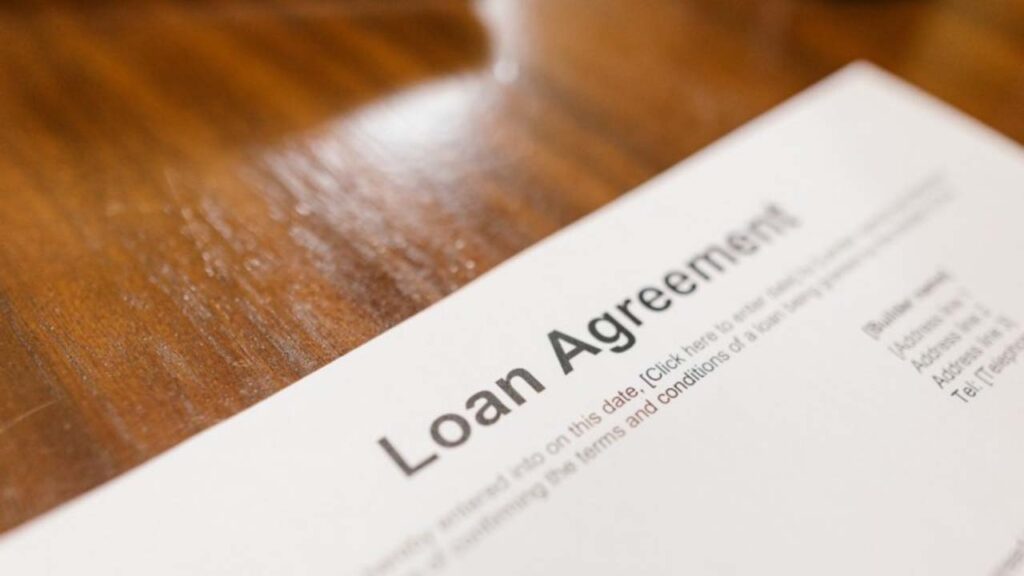
In Singapore, personal loans are commonly used as a practical tool for debt consolidation because they offer structure, control, and savings.
Here’s why it makes sense for many borrowers:
- Lower Interest Rates Compared To Credit Cards
Credit cards in Singapore charge interest rates up to 26% p.a.
Personal loans from banks often offer rates between 3.5% to 9% p.a., leading to significant savings. - Fixed Monthly Repayments
Personal loans come with structured repayment plans.
This means your payment amount and schedule are fixed from the start—eliminating surprises. - Improved Cash Flow Management
One monthly payment is easier to manage than five.
This helps reduce the risk of missed payments and late charges. - Positive Impact On Credit Score
Paying off high-interest revolving debt using a personal loan can lower your credit utilisation ratio, a key factor in credit scoring. - Psychological Relief And Peace Of Mind
Managing one loan brings emotional relief and more confidence in your financial plan.
Let’s say you currently owe $6,000 on two credit cards and another $5,000 on a BNPL service. Instead of paying three different interest rates and keeping track of multiple payment schedules, a single personal loan for $11,000 can streamline your obligations and cut costs.
How Personal Loans Work In Singapore

Personal loans are offered by banks, licensed moneylenders, and digital lending platforms.
In Singapore, these loans are governed by regulations enforced by the Monetary Authority of Singapore (MAS), ensuring consumer protection and financial stability.
When you apply for a personal loan, lenders assess:
- Your monthly income and employment stability
- Your existing debt obligations (DTI ratio)
- Your credit history and repayment behaviour
Typical Personal Loan Features In Singapore
| Feature | Details |
|---|---|
| Loan Amount | Up to 6x your monthly income (or higher if annual income > $120k) |
| Interest Rates | 3.5% – 9% p.a. (effective interest rates may be higher) |
| Repayment Tenure | 1 to 7 years |
| Processing Fees | Between 1% to 2% of the approved loan amount |
| Early Repayment Fees | Usually 1% – 3% of the remaining loan balance |
With digital onboarding and instant approvals becoming more common, platforms like DBS digibank, OCBC Digital, and Standard Chartered’s SC Mobile App make it convenient to apply for personal loans in minutes.
Eligibility Criteria For A Personal Loan

Before you consider applying for a personal loan to consolidate debt, it’s important to evaluate whether you meet the basic eligibility criteria set by most lenders in Singapore.
These typically include:
- Age Requirement
Applicants must be at least 21 years old, and some lenders cap the maximum age at 65 or 70. - Residency Status
You must be a Singapore Citizen or Permanent Resident.
Foreigners may also apply, but income thresholds are usually higher. - Minimum Income
Most banks require a minimum annual income of $20,000 to $30,000 for locals.
Foreigners may need to earn at least $40,000 to $60,000 per year. - Employment Type
Full-time employees, self-employed individuals, and commissioned workers may all apply, though self-employed applicants often need to provide additional documentation. - Credit Score And History
A good repayment track record improves your chances of approval and access to better rates.
Lenders access your credit score via Credit Bureau Singapore (CBS).
Compare The Best Personal Loans In Singapore For Debt Consolidation
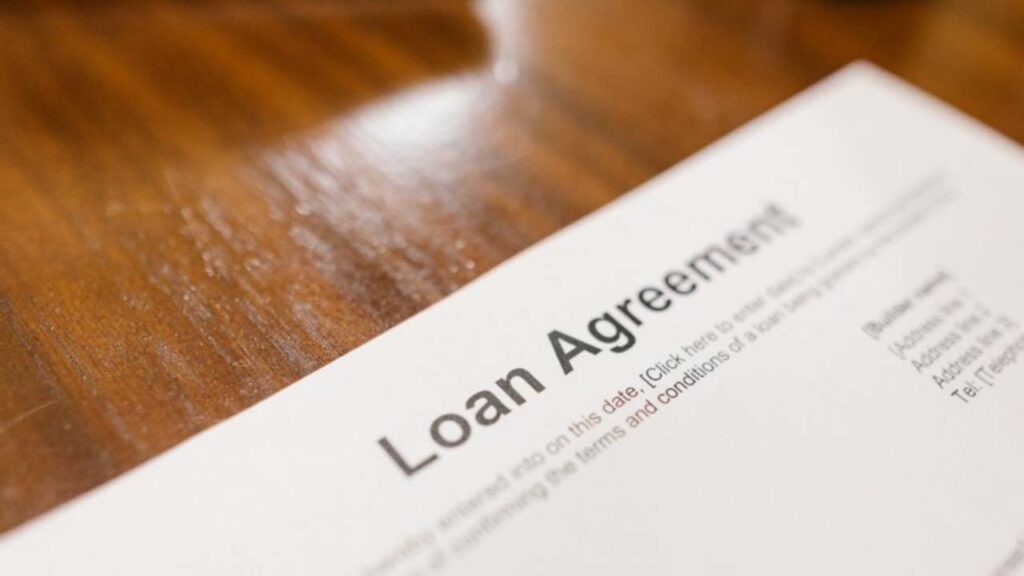
Here’s a comparison of personal loan providers and what they offer for debt consolidation:
| Provider | Interest Rate | Tenure | Processing Fee | Notable Perk |
|---|---|---|---|---|
| DBS Personal Loan | From 3.88% p.a. | Up to 5 years | 1% – 2% | Fast approval via DBS digibank app |
| OCBC ExtraCash Loan | From 4.70% p.a. | Up to 5 years | Often waived | Flexibility for early repayments |
| UOB Personal Loan | From 3.68% p.a. | Up to 5 years | 2% | Immediate disbursement |
| HSBC Personal Loan | From 3.70% p.a. | Up to 7 years | 1% – 2% | Longer repayment periods |
| Standard Chartered CashOne | From 3.48% p.a. | Up to 5 years | Waived during promo | Cashback promotions available |
You can also compare offers using financial platforms like Seedly, MoneySmart, or SingSaver for up-to-date rates and customer reviews.
Pros And Cons Of Using A Personal Loan To Consolidate Debt
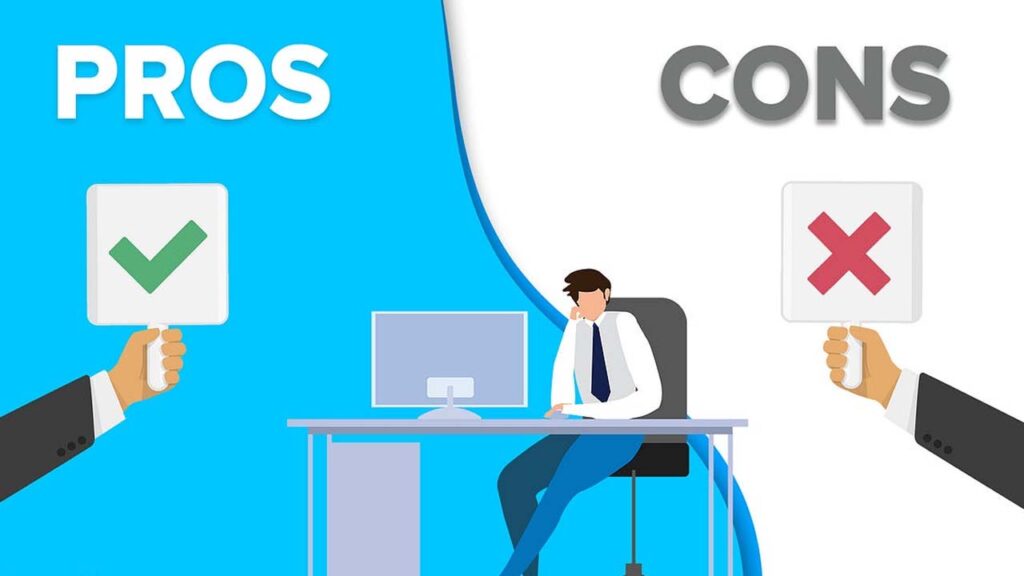
Using a personal loan to consolidate debt has both benefits and potential drawbacks that should be carefully considered.
Pros
- Lower Interest Costs
Compared to credit cards and unsecured revolving credit, personal loans are generally more affordable. - Predictability
Fixed rates and consistent payment amounts help you budget more effectively. - Simplified Finances
With one loan to manage, you reduce the cognitive load and chance of oversight. - Potential Credit Score Boost
By clearing revolving debt, your credit score could improve over time.
Cons
- Fees And Charges
Look out for processing fees, late payment charges, and early repayment penalties. - Approval Not Guaranteed
Bad credit history or high existing debt can lead to rejection or less favourable terms. - Longer Tenure Might Mean Higher Overall Cost
While monthly payments are lower, stretching the loan over many years can increase total interest paid. - Temptation To Accumulate New Debt
Once old debts are cleared, avoid falling into the trap of reusing credit cards or taking new loans.
Step-By-Step Guide: How To Apply For A Personal Loan In Singapore

Here’s how to apply for a personal loan efficiently:
- Check Your Credit Report
Request your credit report from Credit Bureau Singapore to identify any issues or red flags. - Use Loan Comparison Tools
Platforms like MoneySmart, SingSaver, and Seedly allow you to compare rates, fees, and features side by side. - Calculate Your Repayment
Use online calculators to estimate your monthly repayments based on amount, tenure, and rate. - Gather Required Documents
Typically includes NRIC copy, income documents (e.g., latest CPF contribution history or Notice of Assessment), and recent utility or phone bills. - Apply Online Or In-Person
Most banks support online applications with e-signature, making it fast and paperless. - Receive Approval And Funds
Many banks offer same-day or next-day disbursement, especially if you are an existing customer.
Expert Tips Before You Consolidate Your Debt

Debt consolidation can be highly effective—but only when approached with a strategy.
- Stick To Your Budget
After consolidating, commit to your repayment plan and avoid overspending. - Don’t Cancel Old Credit Cards Immediately
Keeping them open helps your credit score, but make sure not to use them while you’re repaying the loan. - Avoid New Debts
Resist the urge to take new loans or large purchases until your consolidation loan is fully paid. - Consult A Financial Planner If Unsure
A qualified adviser can evaluate your financial health and suggest personalised options.
Debt Consolidation Loan Vs. Balance Transfer: What’s Better?
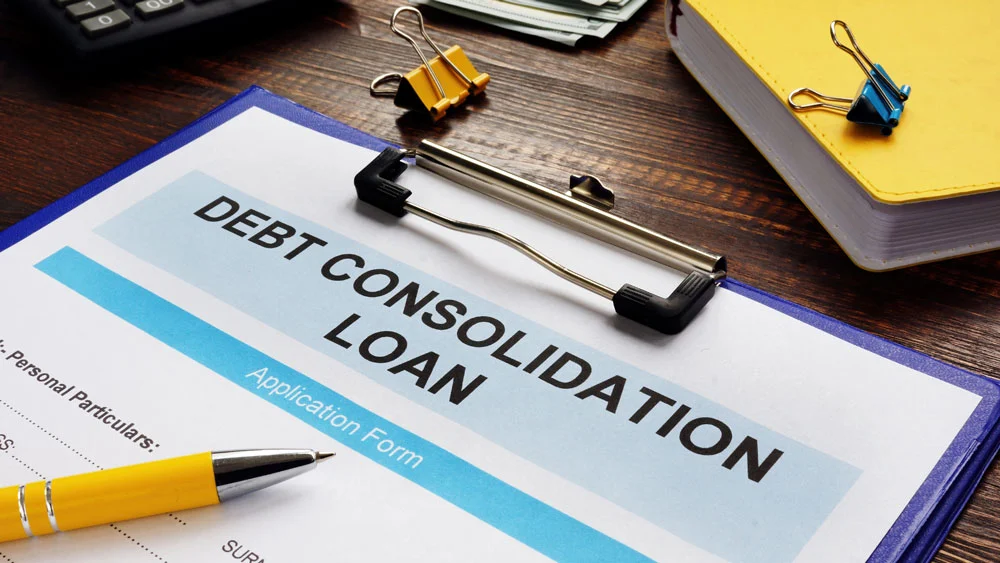
Both methods have unique benefits depending on your needs and repayment capability.
| Feature | Debt Consolidation Loan | Balance Transfer |
|---|---|---|
| Interest Rate | 3.5% – 9% p.a. | 0% – 6% for 3 to 12 months |
| Best For | Medium to large debts | Small debts, short-term payoff |
| Tenure | 1 – 7 years | 3 – 12 months |
| Application | Full loan application | Often available with credit cards |
| Flexibility | More structured | May include processing fees |
Choose balance transfers if you’re confident about repaying quickly. Opt for personal loans if you’re consolidating larger amounts or need fixed repayment plans.
What Happens If You Default On A Debt Consolidation Loan?
Failing to repay your personal loan has serious consequences in Singapore.
- Late Payment Fees
Most lenders charge additional interest and flat fees for overdue payments. - Credit Score Damage
Missed payments are recorded and impact your future ability to borrow. - Legal Action
After repeated defaults, lenders may take legal action to recover funds. - Debt Collection Agencies
Your account may be handed over to third-party collectors, resulting in more stress and fees.
If you’re facing repayment difficulties, contact your lender immediately. Many banks are open to restructuring your loan or providing short-term relief solutions.
Real-Life Stories: Singaporeans Who Consolidated Debt Successfully
Debt consolidation is not just a theory—it has changed lives for the better.
Nicole, a 29-year-old marketing executive, had three credit cards maxed out with a total debt of $14,000. She consolidated her debt using a personal loan with a 4.2% interest rate and cleared everything in under three years. She now maintains a clean credit record and shares her journey on local finance forums.
David, 41, turned to a personal loan to consolidate his renovation loan and car financing after a job transition. The fixed payments helped him stay afloat during a difficult time, and today he runs his own business.
These stories are a testament to how a personal loan to consolidate debt can offer a second chance.
Is A Personal Loan Right For Your Debt Consolidation Journey?
Choosing a personal loan for debt consolidation requires commitment, planning, and discipline.
It’s not a shortcut or a bailout—it’s a structured tool to clean up your financial situation and move forward with clarity.
If you’re tired of juggling bills, overwhelmed by interest, and ready for a better system, consolidating your debt with a personal loan could be the right next step.
The key lies in using the loan wisely, repaying consistently, and avoiding the habits that led to debt in the first place.
With the right mindset and financial education, this could be the beginning of your financial comeback.






